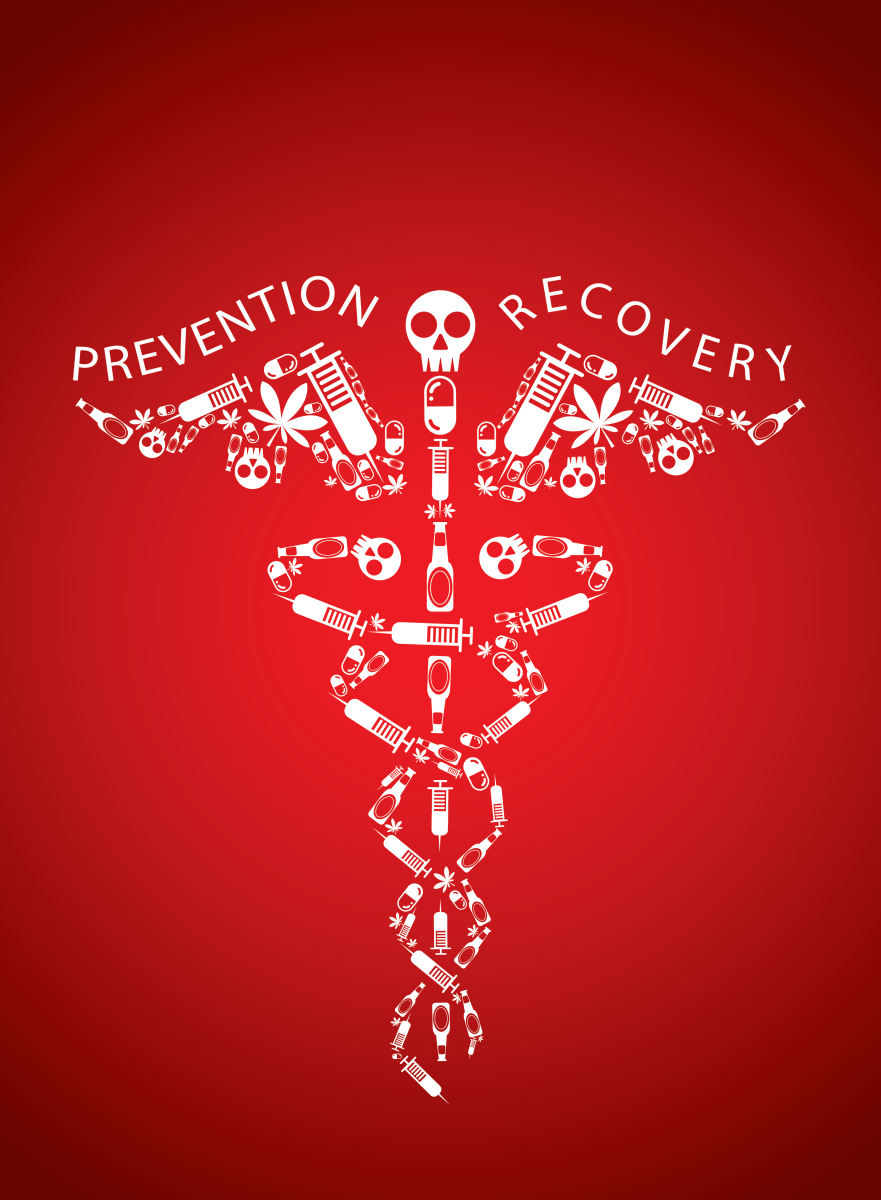NC State Student Health Services has created Prevention Services to act as a massive resource to provide support to students undergoing a crisis, who may be suicidal or are struggling with substance abuse disorders. Alcohol and Other Drug Prevention Education (AOD) has been working to not only encourage students to have healthy consumption habits, but has also created services to help students who are in recovery.
Prevention Services is three-pronged, with a Cares unit, suicide prevention and alcohol and other drug prevention. Chris Austin, the coordinator of AOD, talked about the mission of the unit.
“Our mission is to provide [an] objective, non-judgmental approach to alcohol and other drug use in the college population,” Austin said.
Austin said that the organization supports the law that prohibits drinking under the age of 21; however, the center is aware that many college students make the choice to drink alcoholic beverages underage, so the goal is harm reduction.
“If you’re choosing to use alcohol or any other drug …do that in a way that’s going to cause minimal harm to yourself,” Austin said.
The AOD education center also operates out of three-pronged system: crisis mode, drinking strategies and how to help a friend.
Crisis includes ‘Howl for Help,’ which is a resource for students to call and reach out for assistance in the case of an emergency related to intoxication, drug overdose or alcohol poisoning. According to the website, students receiving medical attention due to these reasons will not receive student conduct violations.
Alcohol WISE is also a new initiative that AOD is taking that requires all incoming students to take an online education course, similar to AlcoholEDU. Austin said that he hopes that this requirement will encourage students who choose to consume alcohol to do so in safer ways.
“Our purpose is to broaden that understanding within students that there are ways in which to consume alcohol that are a lot safer than other ways,” Austin said. “Most college students, when they are drinking, aren’t trying to get blackout drunk; if they are trying to get buzzed, here’s where that level is.”
Austin also discussed trainings that help students, faculty and staff discuss their peer’s habits with them.
“What this office does is offer a workshop called QPR, which is Question, Persuade and Refer,” Austin said. “It offers how to get in conversation with a friend about, ‘Hey, I’ve noticed lately that you’ve kind of pulled away, is everything going okay?’”
Recovery Services is also a new service within AOD that focuses on helping students that are recovering from substance abuse disorders. Megan Meadows, the coordinator of Recovery Services, said that this new, grant-funded role is to help develop a program at NC State to help struggling students.
“It’s funded by the UNC general administration and Department of Health and Human Services,” Meadows said. “It’s a three-year block grant to develop a collegiate recovery program which serves students who are in recovery from substance use disorders, which is alcohol and other drug addiction.”
Meadows is working on developing the program through serving students with peer and institutional support. Networking and outreach are the main avenues through which Meadows is trying to grow awareness of recovery services on campus.
“There is some confusion on recovery and how that is prevention-related because it is sort of past the prevention point,” Meadows said. “We say it’s prevention through recovery so trying to reduce relapse rates. There are a lot of students at NC State that are in recovery and we just don’t know about them so trying to keep them successful as students and not having them leave the university.”
Part of Meadows’ job will also be to reach out to students who left the university due to their substance abuse disorders and help them try to get readmitted to the university. Meadows said that she is still figuring out what the process of readmission would look like and working with admissions, student conduct and the Counseling Center to find out reasons why a student may have left the university.
Meadows shared her goals, saying that she hopes to find recovering students and supporting them through one-on-one meetings, social events such as sober tailgates and alternative break trips, and eventual Alcoholics Anonymous meetings.
Reducing the stigma of substance abuse disorders through open conversation is one of Meadows’ goals as well.
“We do want to address the stigma that is surrounding substance use disorders and addressing those and getting people to talk about it more,” Meadows said. “Alcoholics Anonymous is one of the most popular programs for students in recovery so it kind of lives by the anonymous part which I think that within itself can be seen as stigmatizing because it’s teaching people to hide this aspect of themselves which is, for a lot of people, an identity.”
Students, faculty and staff who are looking for resources to learn more about AOD and the Prevention Center as a whole can visit this website.








